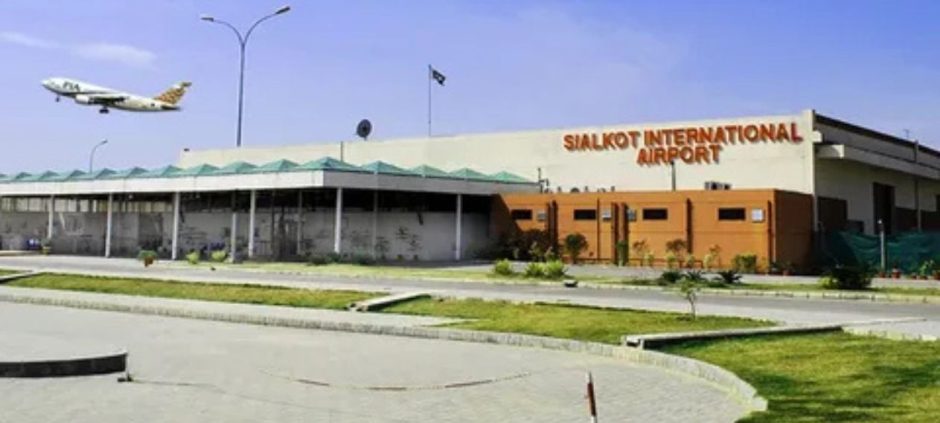Independence Day week brought heavy rainfall and severe flooding across Punjab, forcing Sialkot airport to remain closed for nearly 12 hours. Despite the disruption, a spokesperson confirmed that Sialkot airport equipment remained safe and undamaged. The closure was a precautionary measure to ensure passenger safety and to secure facilities during the high-water levels.
According to the spokesperson, the flooding did not impact flight safety systems, technical equipment, or passenger facilities. This reassurance came after growing concerns that torrential rains and overflowing drains around the airport could compromise operations.
The airport’s quick response team worked closely with civil aviation authorities to control water flow and minimize damage. Emergency pumps were deployed to clear water from the runway and surrounding areas. By the following day, flight operations resumed smoothly, bringing relief to travelers and airlines.
For context, Sialkot airport was earlier closed for 12 hours due to severe flooding, disrupting schedules and leaving passengers stranded. However, officials stressed that critical systems and infrastructure remained intact.
Sialkot airport equipment safe despite flooding
The spokesperson highlighted the steps taken to safeguard facilities and maintain operational readiness even under difficult conditions.
Key measures included:
- Deployment of emergency pumps to remove standing water from sensitive areas
- Relocation of ground vehicles and machinery to higher ground
- Continuous monitoring of electrical and navigational systems
- Coordination with local authorities to manage drainage around the airport
These actions helped prevent lasting damage, ensuring that flight operations could be restored quickly once conditions improved.
The airport management also emphasized that flood response protocols will be strengthened to prepare for future challenges. Climate change has made extreme weather events more frequent, and airports across the country are under pressure to adopt stronger safeguards.
Passengers expressed frustration over delays but welcomed the quick recovery of operations. Many acknowledged that safety had to come before convenience. Travel experts noted that timely communication from the airport played a vital role in reducing confusion among travelers.
Authorities reassured passengers that future investments will focus on better drainage systems and additional protective measures. By learning from this incident, the airport aims to ensure uninterrupted services even during heavy rains.
With Sialkot serving as a major hub for exporters and international travelers, the safety of its equipment and facilities is crucial for Pakistan’s connectivity. The recent flooding highlighted the importance of disaster preparedness, but it also showed that swift action can protect vital infrastructure.











